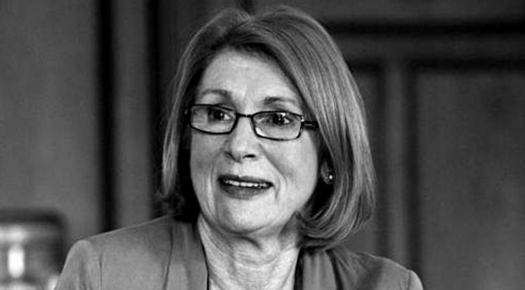
Ireland’s Minister for Education, Jan O’Sullivan, has decided to remove a 50-year-old official rule that gives religion classes a privileged status. She is prepared to pave the way for a significant reduction in the total time spent on faith formation in primary schools.
Currently, 30 minutes of each primary school day is dedicated to religious education, which happens to be twice the amount of time allocated to any other subject, including science and physical education. Speaking to the media, O’Sullivan said she would move to repeal Rule 68 next month, which states that religious education is by far the most important part of any school curriculum.
“Rule 68 is archaic. I will repeal it,” she said. “It may have survived for 50 years, but in January it will be removed, along with any other rules that don’t speak to the diverse and welcoming nature of our modern school system.”
She also warned that the removal of the rule might trigger a heated discussion; but she called the possible debate a necessary one, as it would concern the total amount of time spent on religion classes across Ireland’s schools.
“We want our children to develop a strong, ethical spirit, and an understanding of their place in the world,” she said. “But we also want them to learn many other things. We want them to be physically active and fit, but we devote less than half of the time to PE (Physical Education) than is devoted to religion. We understand that an early appreciation of science can engage and astound our children in wonderful ways, but science education also gets less than half the time that religion does in our curriculum.”
The issue of religion in schools has emerged as a hotly debated topic in light of a recent revelation that suggests approximately 90 percent of all primary schools in Ireland receive patronage from the Roman Catholic Church. Also, parents of non-baptized children (or those belonging to minority faiths in some parts of the country) have complained of having to face major difficulties while trying to admit their children into oversubscribed denominational schools.
O’Sullivan explained that the Equal Status Act, which allows schools to discriminate on religious grounds, needs to be amended to prioritize on children’s needs irrespective of their religious backgrounds.
“We must build in protection for the small number of minority faith schools which serve dispersed communities - effectively eliminating minority faith education would represent a departure from, and not a move towards, a diverse and pluralist education system,” she said.
O’Sullivan also implied that a long-awaited school admissions bill –which was due to have been passed before the end of this government’s term– could be delayed even further in favor of a comprehensive, radical admissions legislation. The original draft of the bill did not particularly address the issue of religion and solely focused on ending the charging of fees to apply for school admissions as well as eliminating barriers that some schools create in the way of children with special needs. The legislation also hopes to restrict the number of admissions that any school can reserve for children of past pupils.
Photo Credits: Irish Times
